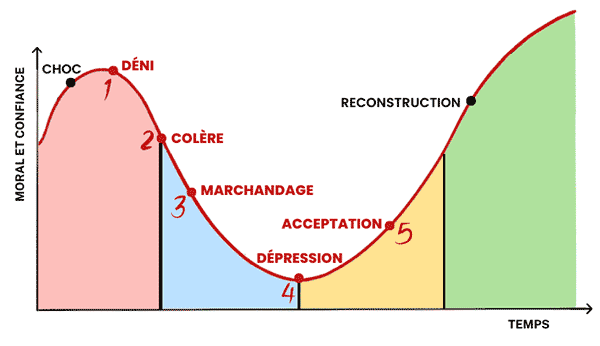
March 25, 2016.
The time change in force for several decades in Europe, and in several other major countries of the world, is supposed to save energy. But it is not harmless to health.
A shorter night, more fatigue
It seems obvious, but it has to be said anyway: Sunday March 27, at 2 a.m., it will actually be 3 a.m. And that means the night will be shorter! And so, that you will be more tired that day.
What are the consequences for health? They tire the body. And trigger problems in people who are fragile, or predisposed. For example, in Sweden, a study revealed a significant increase in heart attacks in the days following the time change: + 4%!
An increase in road accidents
The weekend of the time change, it is also, according to another study, American this one, the opportunity to note an increase in the number of road accidents. Significant too, since it fluctuates between 2 and 3% … Not the night of the time change, but the next day and the day after!
But paradoxically, it is not so much the hour less, in the night from Saturday to Sunday, which poses a problem. It is the change of the sunset time on Sunday evening that disturbs the organisms! As it is daylight longer, we go to bed later, and it is therefore Monday and the following days, that we lose some useful sleep, the one at the beginning of the night …
If you want to limit the effects of the time change on your body, think of going to bed “earlier” the following week.. Don’t tell yourself “it’s midnight, but actually it’s 11:00 pm”. Because in fact, it is indeed midnight …
Read also: Time change: good practices to avoid fatigue












